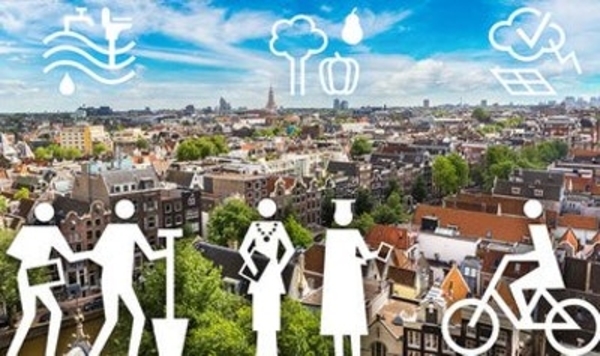Price:
2170 EUR
Contact
Delft University of Technology
Description
Around the world, major challenges of our time such as population growth and climate change are being addressed in cities. Here, citizens play an important role amidst governments, companies, NGOs and researchers in creating social, technological and political innovations for achieving sustainability.
Citizens can be co-creators of sustainable cities when they engage in city politics or in the design of the urban environment and its technologies and infrastructure. In addition, citizens influence and are influenced by the technologies and systems that they use every day. Sustainability is thus a result of the interplay between technology, policy and people’s daily lives. Understanding this interplay is essential for creating sustainable cities. In this MOOC, we zoom in on Amsterdam, Beijing, Ho Chi Minh City, Nairobi, Kampala and Suzhou as living labs for exploring the dynamics of co-creation for sustainable cities worldwide. We will address topics such as participative democracy and legitimacy, ICTs and big data, infrastructure and technology, and SMART technologies in daily life.
This global scope will be used to illustrate why specific forms of co-creation are preferred in specific urban contexts. Moreover, we will investigate and compare these cities on three themes that have a vast effect on city life:
Water and waste
Energy, air, food and mobility
Green spaces and food
This MOOC will teach you about the dynamics of co-creation and the key principles of citizens interacting with service providing companies, technology and infrastructure developers, policy makers and researchers. You will gain an understanding of major types of co-creation and their interdependency with their socio-technical and political contexts. You will become equipped to indicate how you can use co-creation to develop innovative technologies, policy arrangements or social practices for a sustainable city in your own community. You will demonstrate this by developing an action plan, research proposal or project idea.
Basic knowledge of sustainability in urban settings, urban environmental technology and urban management is assumed.
Specific details
Category of Education
Business and Economics







 How to resolve AdBlock issue?
How to resolve AdBlock issue? 


Comments (0)